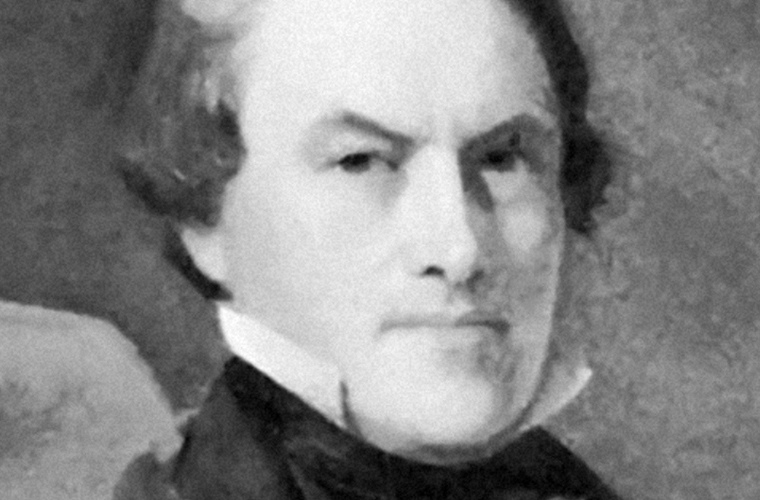Robert Francis Withers Allston was a 19th-century American politician and planter who was born in Georgetown, South Carolina in 1801. He came from a wealthy family and inherited several plantations in the Lowcountry of South Carolina, which he managed with the help of enslaved labor.
Allston served in the South Carolina legislature and was elected governor of the state in 1856. As governor, he was a strong advocate for states’ rights and was a vocal supporter of slavery. He also championed the development of the state’s infrastructure, including the construction of railroads and canals.
After his term as governor, Allston retired from politics and devoted himself to his plantations. He became known as one of the most successful rice planters in the South, and he was recognized for his innovative agricultural techniques.
Allston’s legacy is complicated by his involvement in the brutal system of slavery. Like many other wealthy individuals in the South, Allston owned enslaved people who worked on his plantations, and he profited from their labor. While he is remembered for his contributions to agriculture and infrastructure development in South Carolina, his legacy is also marred by his participation in a system that treated human beings as property.
It is important to acknowledge the full scope of Allston’s life and legacy, including both his accomplishments and his participation in a system of oppression and exploitation. By recognizing the injustices of the past, we can work to create a more just and equitable society in the present and the future.

